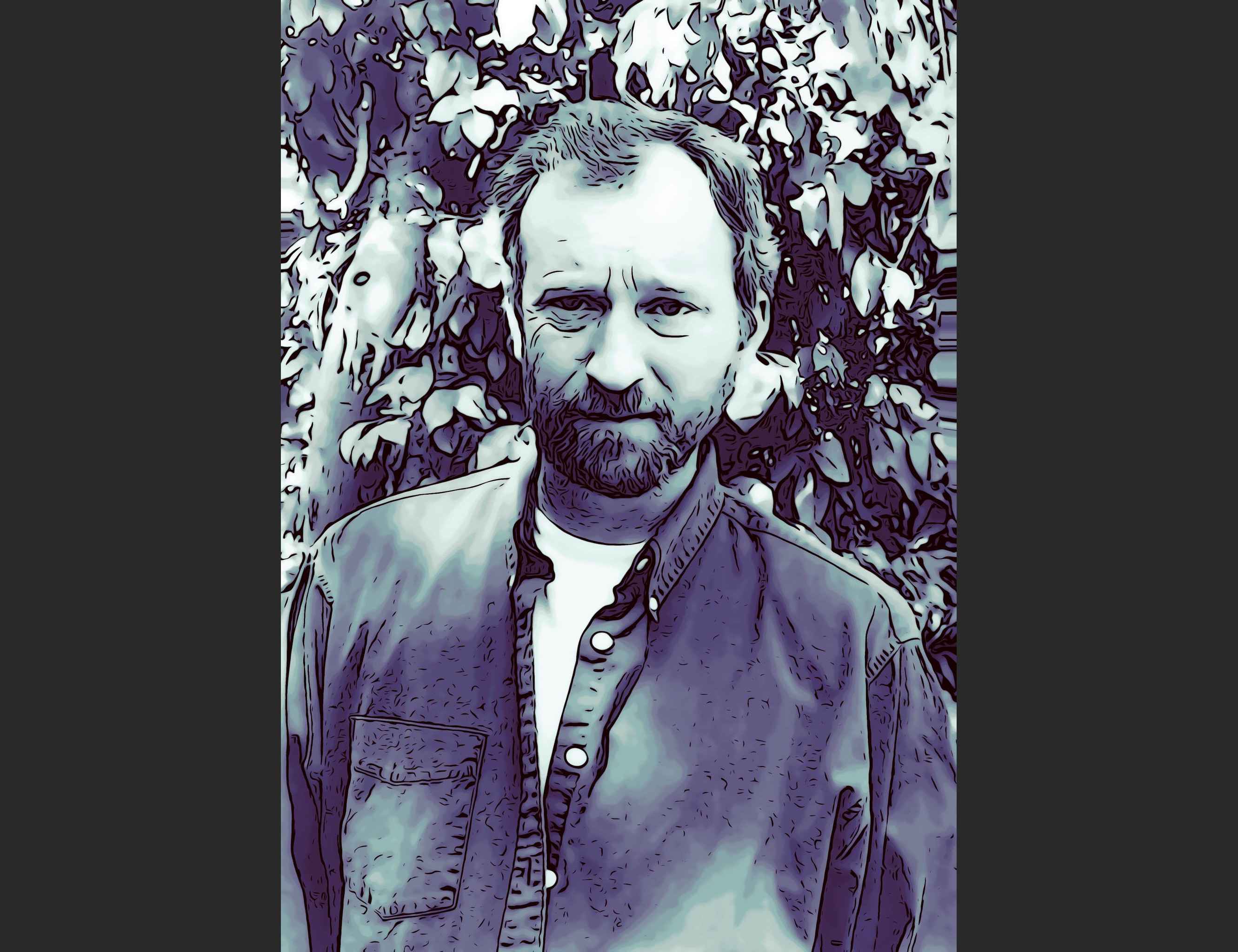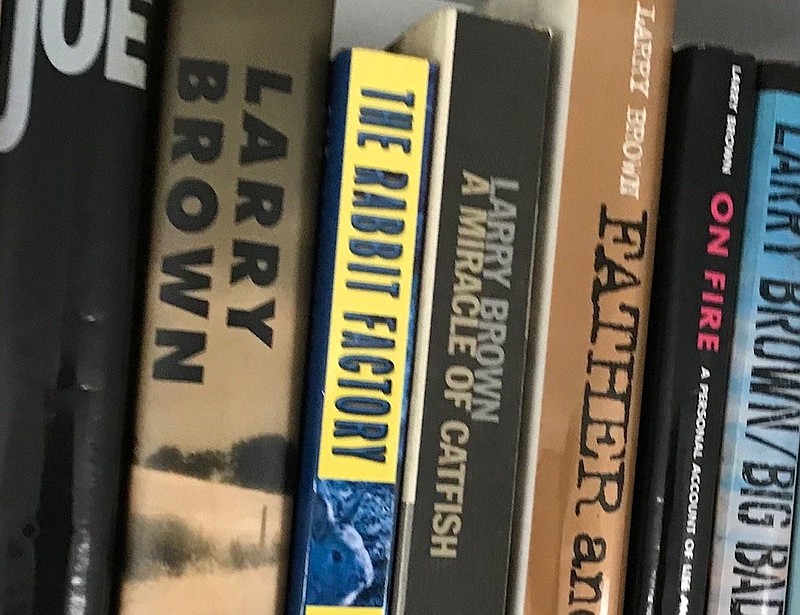A friend of mine doesn't like to read columns about "process"; he thinks that it's too easy for a writer to write about writing, which usually results in a bunch of navel-gazing nonsense. Maybe he's right; the only people who appreciate writing about writing are writers, or at least people who would like to imagine themselves writers.
They are the audience for true but self-serving observations such as "a writer is a person for whom writing is more difficult than it is for other people." That's a paraphrase of something Thomas Mann put in the mouth — or head — of one of his characters in his 1903 novella "Tristan."
The full context is that an omniscient narrator is commenting on what he has observed of the work habits of a self-important writer named Detlev Spinell, so it's possible that Mann didn't mean it seriously, though like all good jokes it's certainly true.
I know a columnist who claimed he could knock out a piece in 15 minutes before breakfast every day and be done with his work. You could tell.
Then I heard Ann Hornaday, the film critic from the Washington Post, on Tony Kornheiser's podcast a couple of weeks ago, talking about the wonderful and novella-length piece she'd written about the genesis of the movie "All the President's Men." She said no one really likes to write; we just like to have written.
I take mild exception to that. Detlev Spinell liked to write. Sometimes so do I.
I missed a great opportunity to run a column about summer reading in which I could offer a few suggestions and make a few quips and clear off some of the books from the bedside table that I've been meaning to mention. But the truth is my reading habits don't change in the summer, and I'm not generally drawn to the sort of books that most readers consider "beachy." (Though I regularly check in on Carl Hiaasen, John Sandford and Lee Child.)
I don't sample across the spectrum. I pretty much read what I want, at the pace I want, which is, I'm afraid, sort of slow. (Another self-serving adage: A reader is someone for whom reading is more difficult than other people. Maybe we need to workshop that one.)
In any case, I don't think writing is all that mysterious; it's something you can learn to do. With practice (and YouTube), you can teach yourself just about anything: to tear down an engine and put it back together with no parts left over, to build a house, or maybe to strum a few chords on the guitar.
It starts with something like will — something like want-to.
I've been thinking about Larry Brown recently. He had the will and the want-to.
 Larry Brown was a Mississippi firefighter who looked like a farmer who decided he wanted to be a writer, so he sat down and did it. (Illustration by Philip Martin)
Larry Brown was a Mississippi firefighter who looked like a farmer who decided he wanted to be a writer, so he sat down and did it. (Illustration by Philip Martin)
Brown was a Mississippi writer I got to know; he was a firefighter who looked like a farmer who decided he wanted to be a writer, so he sat down and did it.
In 1980, when he was 29 years old, he drove over to his sister's house and retrieved his wife's portable Smith-Corona typewriter that they'd stored there. He went into a room and started typing. When he emerged seven months later he had written a novel of sorts-- 327 single-spaced pages about a bear running amok in Yellowstone National Park.
"I didn't have the advantage of ever having been to Yellowstone National Park," he told me, "but that didn't concern me."
Larry packed it up in an envelope and sent it off to a New York publisher, "fully expecting to get back a check for $1 million."
The manuscript came back. He packed it up and sent it off again. Again it came back. And again. And again.
"I sent it out enough times to know it was never going to be taken," he said. "But all I did was sit down and start writing another novel. I went through that process five times."
None of the early novels met with any success. But Brown had always enjoyed short stories, so in 1982, motorcycle magazine Easyriders accepted one of his first attempts at writing a short story for publication.
"At that time I was just trying to write anything I could to get published," he says. "I remember the day that that story got accepted; it was a horrible day. It was February, it was raining, it was muddy and cold; let's see, my wife was pregnant and my oldest son was sick and we were on our way to the doctor's office. We didn't have money to buy gas to heat the house and probably didn't have enough money to pay the doctor either.
"I thought I'd go down to the mailbox and check the mail before we left, and in there was this acceptance letter from Malibu. They were going to buy the story; they were going to pay me $375 for it. It became the greatest day of my life — I thought I was going to publish everything I'd write after that."
He didn't, but eventually ended up having a lot of success. He was one of my favorite novelists and when he died unexpectedly in 2004, I felt cheated as well as sad.
My friend who doesn't like columns about process is probably not going to like this one, and that's OK. People who want to write — or to have written — sometimes ask my advice, and I'm not sure I have anything useful to tell them other than the first thing to do is to begin. You put down a word and then another.
If it feels easy, you're probably doing it wrong. If it feels impossible, maybe you're on to something.
Email: [email protected]

